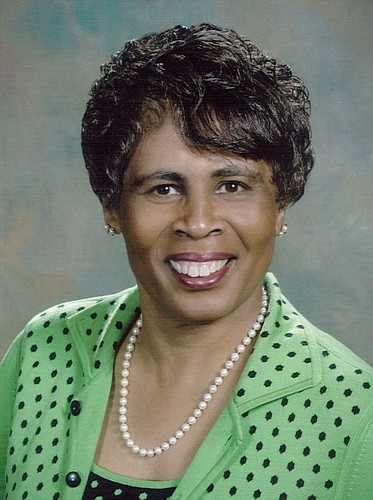
Florida’s GOP-dominated House approved a proposed constitutional amendment this week that could give the winner of November’s gubernatorial election the power to reshape the state Supreme Court.
House Republicans sent the measure to the November ballot in a 74-45 party-line vote, after Democrats objected to both the process and the politics behind a proposal that would allow an outgoing governor to replace appellate or Supreme Court justices whose terms expire on the governor’s last day in office.
The proposal will be the only constitutional question placed on the November ballot by the Legislature. Voters will also face ballot initiatives dealing with legalization of medical marijuana and the state’s land-buying program. All constitutional changes require 60 percent approval from voters to pass.
Democrats argued that the proposal, approved by the Senate in a partisan vote this month, is intended to give Gov. Rick Scott, who is seeking re-election, the ability to stack the Florida Supreme Court.
The proposal would let the winner of the November election — likely Scott or Democratic candidate Charlie Crist — appoint replacements for three Supreme Court justices who have to retire on the same day the governor’s term ends in 2019. Justices have to retire at age 70 but can serve the remainder of their six-year terms.
Justices R. Fred Lewis, Barbara Pariente and Peggy Quince, who make up part of the court’s left-leaning wing, will have to quit the bench when their six-year terms expire on Jan. 8, 2019. That is the same day the winner of the 2018 governor’s race will be inaugurated.
Republicans contend the proposal is aimed at avoiding a looming “constitutional crisis” over whether an outgoing or incoming governor has the authority to fill judicial vacancies. And, House Republicans argued the proposal is not intended to aid any particular governor because they have no idea what the outcome of this year’s election will be.
“We don’t know what the political party of this person is, him or her, so regardless of party or philosophy, that’s not an issue,” said Rep. Charles McBurney, a Jacksonville Republican and lawyer.
The person elected governor should be allowed to fulfill the obligations of his or her term, McBurney said.
“A lame duck is not the same thing as a dead duck. That governor is elected to serve during that entire period of time,” he said.
But Democrats said the measure, which received final passage just two days before the end of the legislative session, had not been filed in the House and was not vetted by any committee prior to being sent to the House floor this week.
The issue arose when former Gov. Lawton Chiles was on the verge or leaving office after the 1998 election but wanted to replace a retiring justice. Incoming Gov. Jeb Bush argued that he should pick the replacement. The two governors struck a deal and jointly appointed Quince.
In 2006, the Supreme Court issued an advisory opinion saying that the judicial nominating process can begin under the old governor even though the vacancy occurs after the justice’s term expires.
“Chiles and Bush … ended up agreeing because they were both gentlemen. … But what if future governors could not agree?” said Rep. Larry Metz, a Yalaha Republican and lawyer who led efforts to pass the proposal in the House.
Metz pointed out that it could take almost six months to replace the retiring justices and that only having four members on the seven-person panel could result in court delays.
“What would we do with a Supreme Court that’s short three members? We want to make sure we have a functioning Supreme Court,” he said.